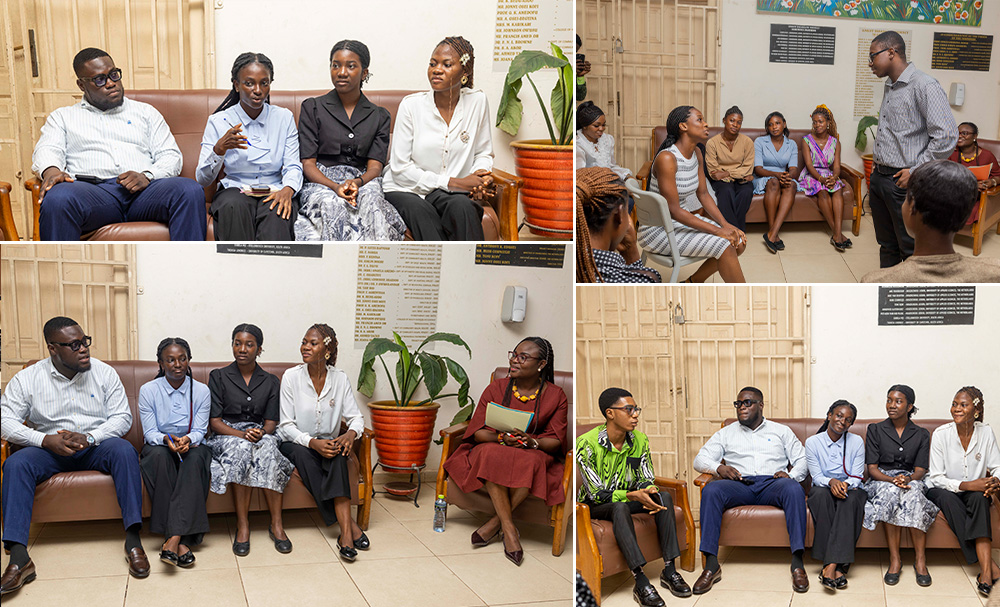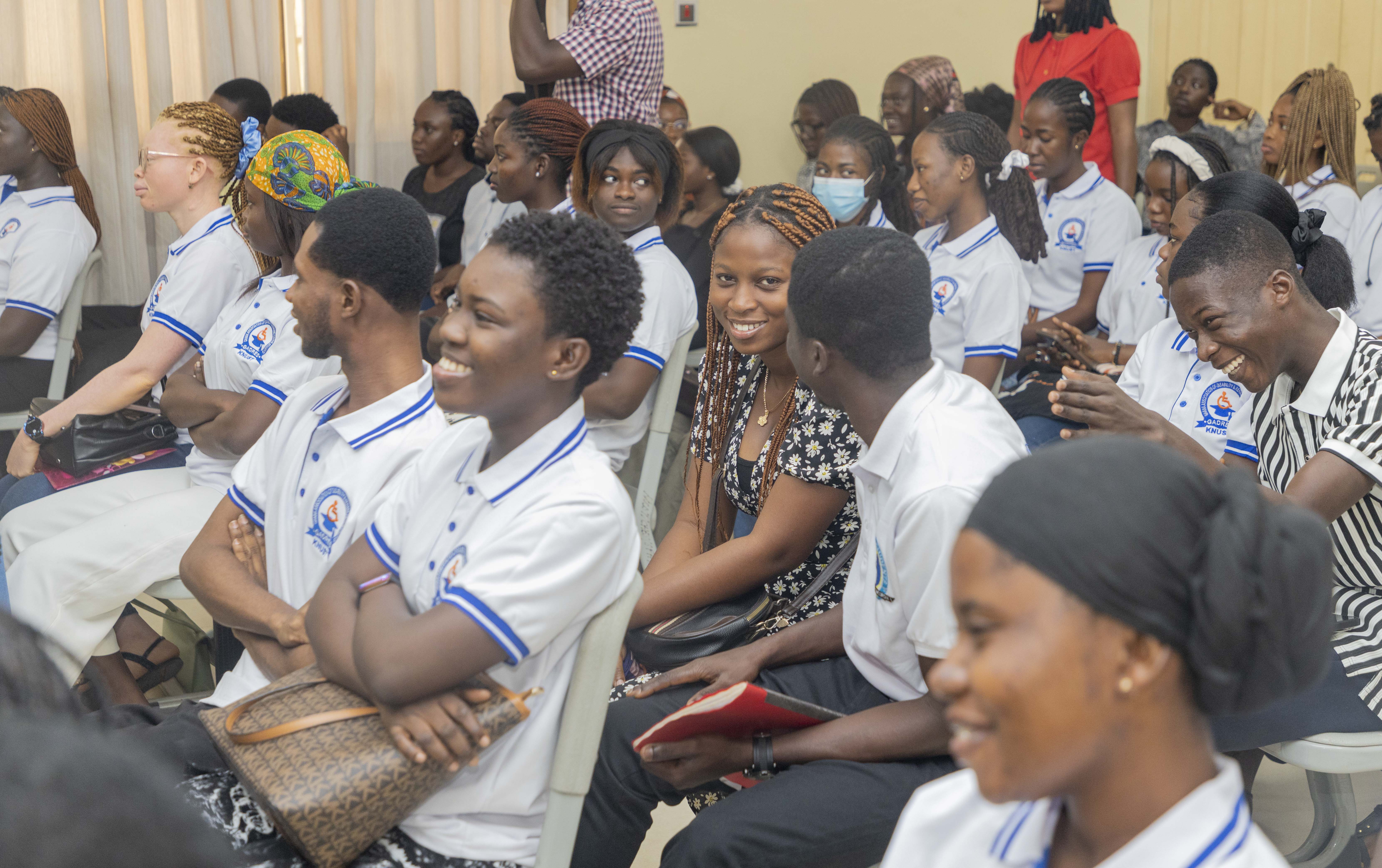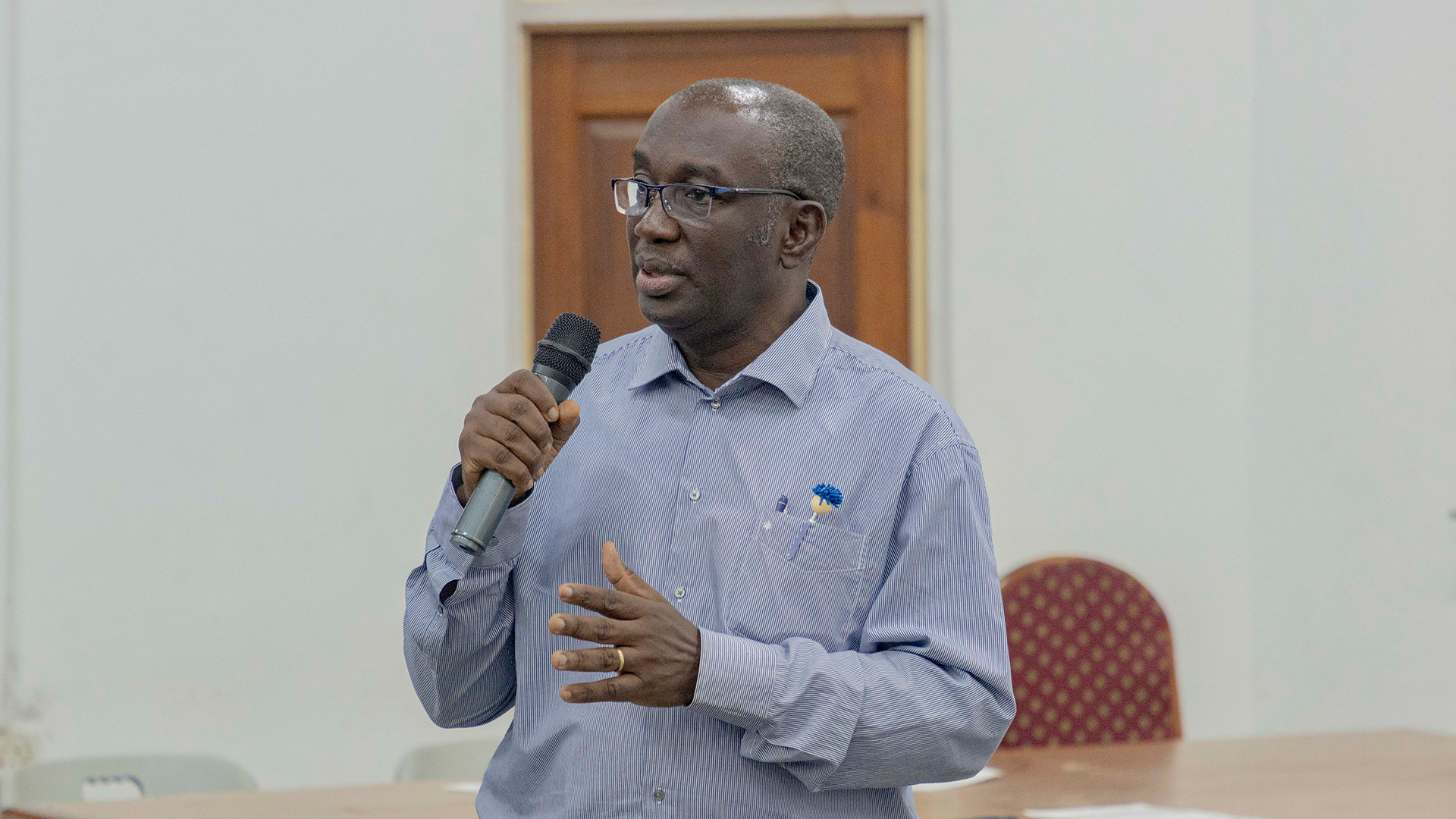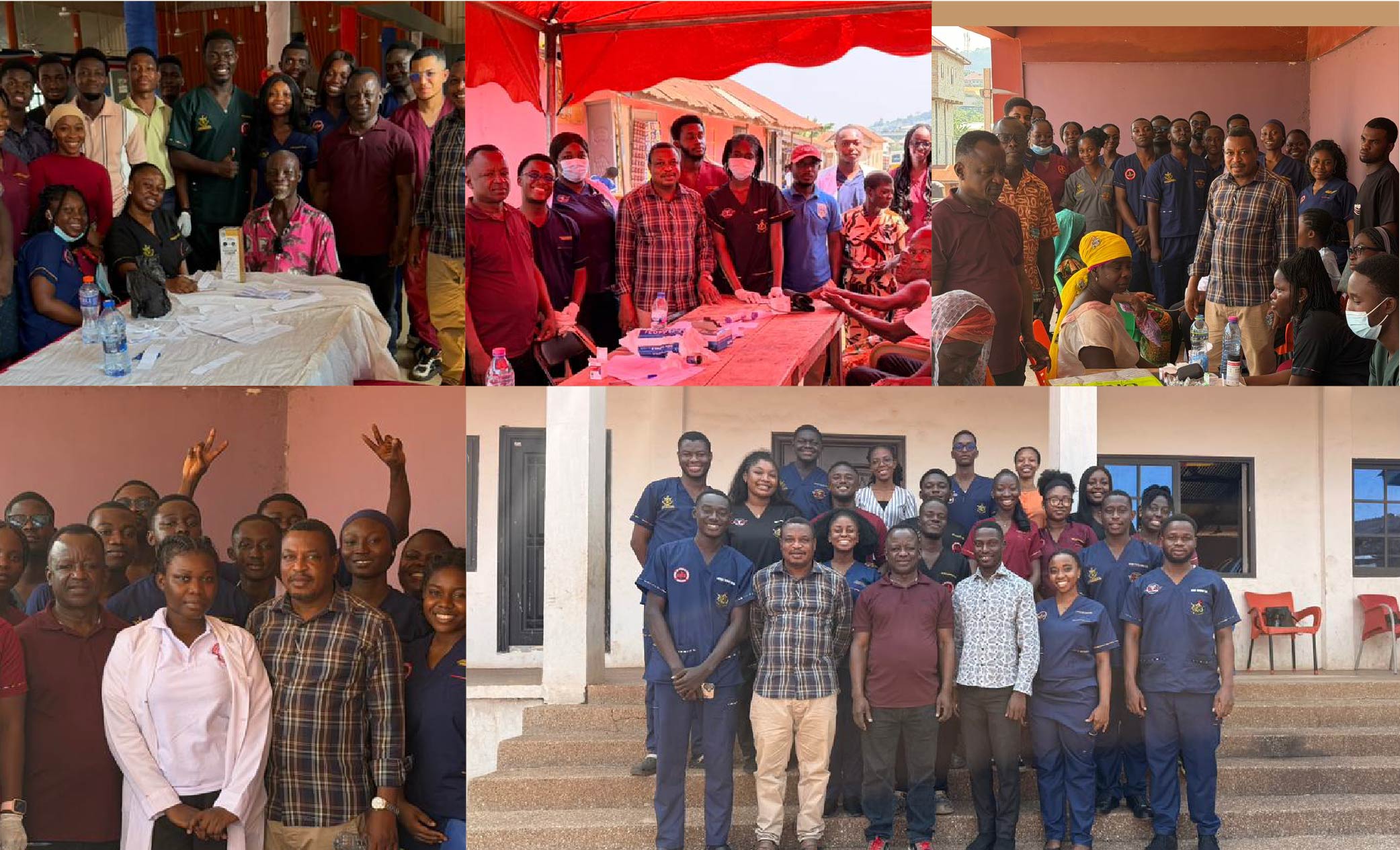Study shows that there is a need to target public health facilities, primary level and rural facilities with interventions to increase their readiness to provide Basic Emergency Obstetric and Newborn Care (BEmONC) services in Ghana.
Professor Emmanuel Nakua, from the Department of Epidemiology and Biostatistics at the KNUST School of Public Health made this analysis at a seminar under the theme “Geographical differentials in basic emergency obstetric and newborn care services availability and readiness in Ghana: Analysis of the 2020 Ghana Emergency Maternal and Newborn Care Surgery” on the 13th March 2024.
Basic Emergency Obstetric and Newborn Care (BEmONC) is one of the interventions that has been identified as critical to maternal and newborn health. Ghana has significant geographical heterogeneities that have been found to influence the utilization of maternal services including antenatal care, skilled birth attendance and postnatal care. Yet, the geographical disparities in the accessibility and readiness of health facilities to provide BEmONC are to be explored in Ghana.
He indicated that an investigation was conducted on the geographical disparities in the availability and readiness of health facilities to provide BEmONC in Ghana. The study, using a weighted additive procedure, revealed a composite BEmONC service readiness index, showcasing varying levels of readiness among healthcare facilities. Notably, the coastal regions exhibited higher BEmONC readiness compared to the northern areas, emphasizing the need for targeted interventions in specific regions.
The seminar also highlighted the critical importance of ensuring consistent and adequate emergency obstetric and newborn care readiness across Ghana. By identifying geographical variations and factors influencing service readiness, the research underscores the need for targeted interventions to enhance healthcare facilities' preparedness to provide essential BEmONC services.










